Albania, a small but dynamic country nestled between Montenegro and Greece on the Adriatic and Ionian seas, is fast shedding its image as Europe’s best-kept secret. With its rich history, diverse culture, and stunning natural beauty, it has experienced a significant tourism boom in recent years.
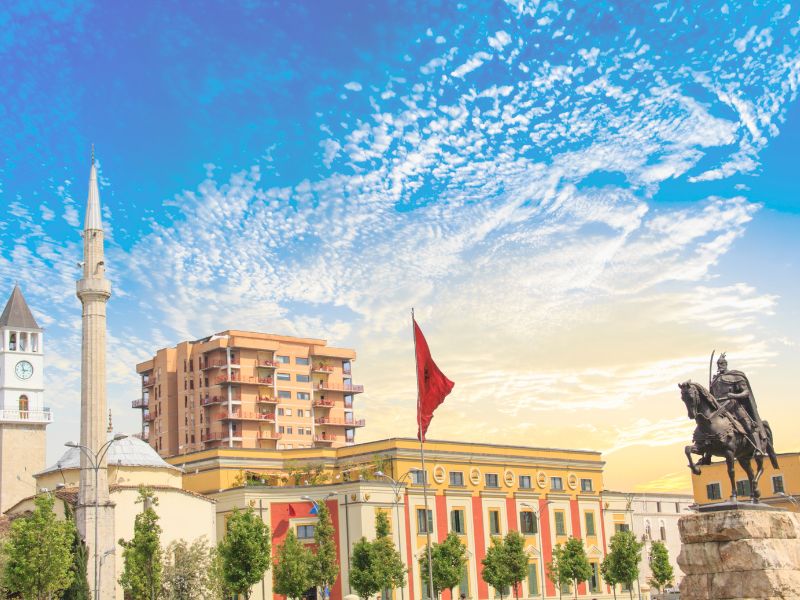
The roots of Albanian culture can be traced back to the ancient Illyrians, with Shkodra serving as their capital. The country’s history is a vibrant tapestry woven with the threads of various nations and empires seeking passage through its strategic location. Albanian traditions are guided by the four pillars of the Kanun—honor, hospitality, proper conduct, and kin loyalty. Despite economic challenges, Albanians are known for their exceptional generosity and hospitality.
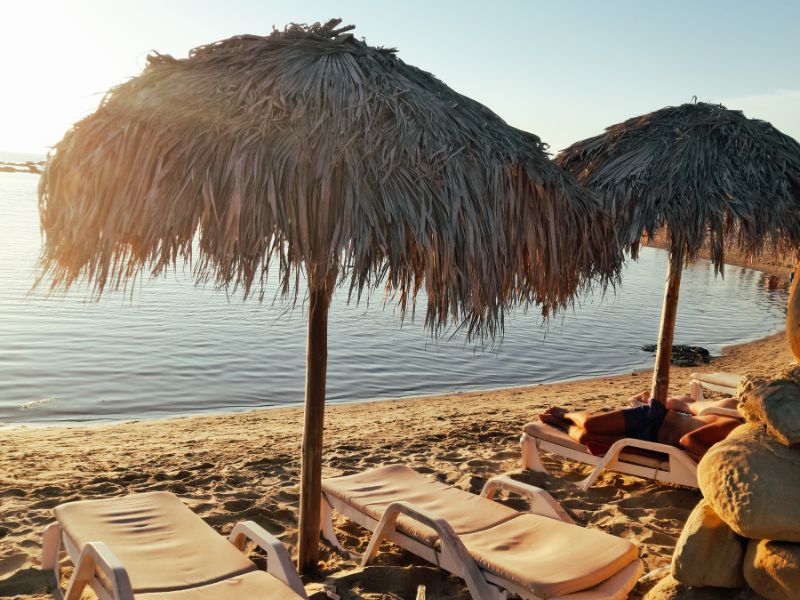
Religion in Albania is diverse and harmonious, with Christianity, Islam, and Judaism co-existing peacefully. Men and women enjoy equal social rights, and both parents typically work, reflecting a progressive stance towards gender equality.
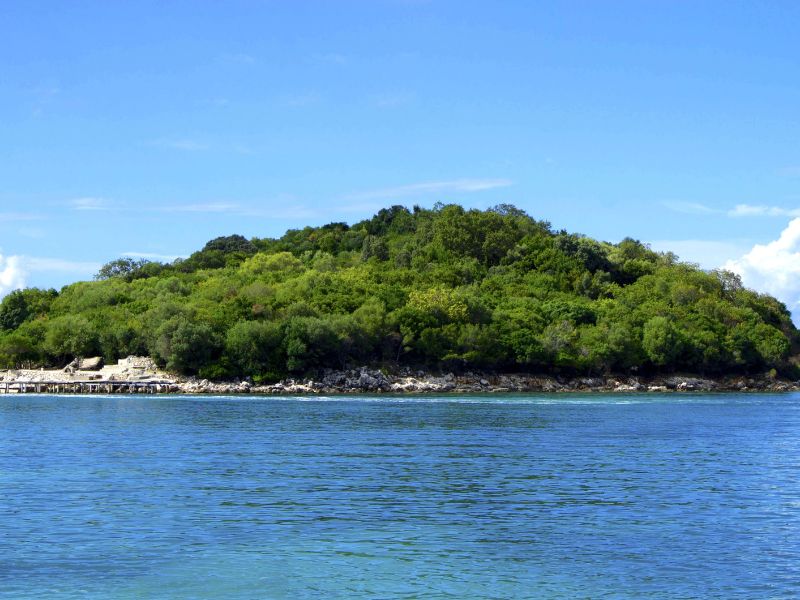
Now, let’s delve into why this cultural gem is gaining popularity among travelers worldwide. Albania offers an array of unique features and attractions that make it a must-visit destination.
The Albanian Riviera, often referred to as the ‘Maldives of Europe’, boasts pristine beaches, crystal-clear waters, and picturesque coastal towns. For history enthusiasts, UNESCO World Heritage sites such as Butrint and Gjirokastër offer a glimpse into the country’s past.
Albania’s cuisine is another drawcard. Seafood lovers can indulge in fresh catches along the coast, while traditional dishes like Tavë Kosi (baked lamb with rice) provide a taste of the country’s culinary heritage.
Adventure seekers are also catered for, with the Albanian Alps offering hiking and camping opportunities, while Lake Skadar, shared with Montenegro, is perfect for birdwatching and boat tours.
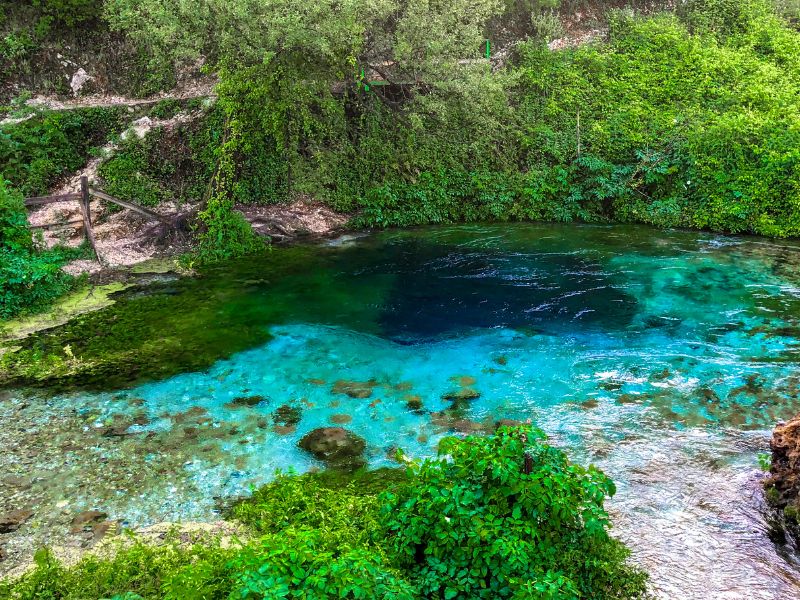
Despite its increasing popularity, Albania faces challenges in infrastructure and accommodation options. However, these hurdles are being addressed, with improvements seen in road networks and a rise in luxury accommodations.
Environmental sustainability is a pressing concern. As a responsible traveler, it’s crucial to respect local customs, reduce waste, and avoid contributing to over-tourism. Travel during off-peak seasons, stay in locally-owned accommodations, and engage with community-based tourism initiatives.
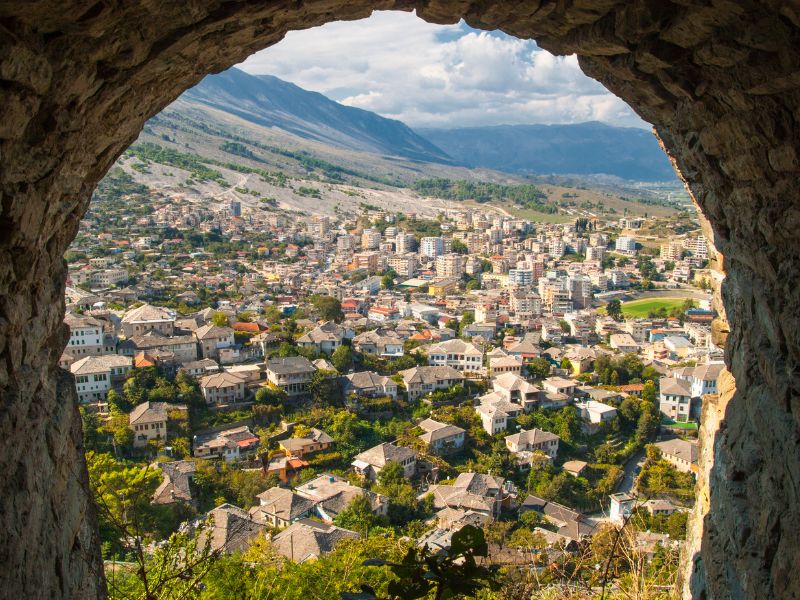
In conclusion, Albania’s allure lies in its rich cultural heritage, stunning natural landscapes, and warm hospitality. It’s no surprise that it’s no longer Europe’s best-kept secret. Whether you’re a history buff, a foodie, an adventurer, or a beach lover, Albania promises an unforgettable journey. So pack your bags and get ready to discover this hidden gem!
For further research and planning your travel to Albania, consider exploring the following resources: